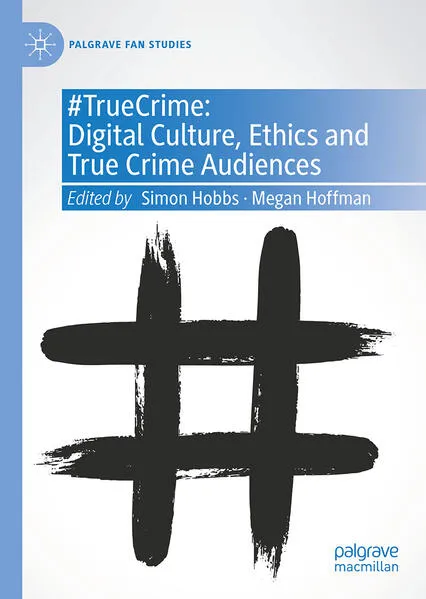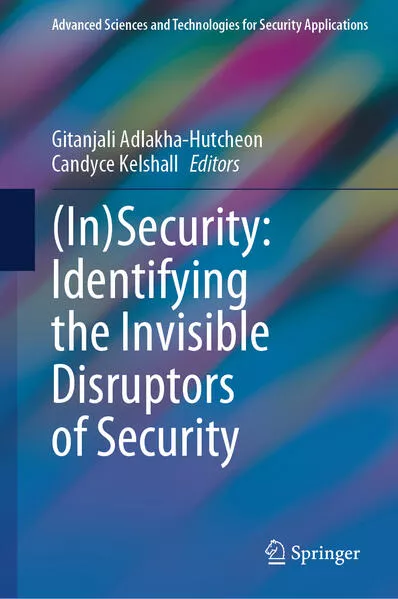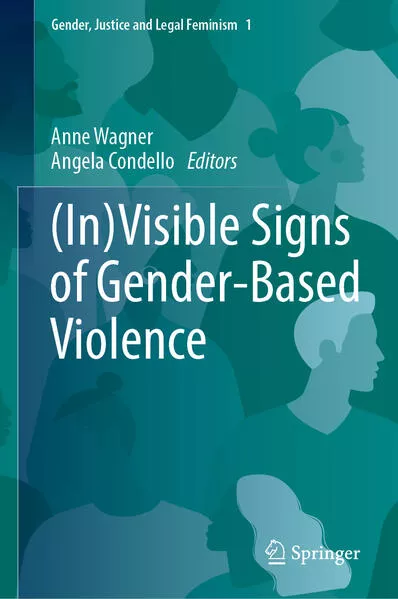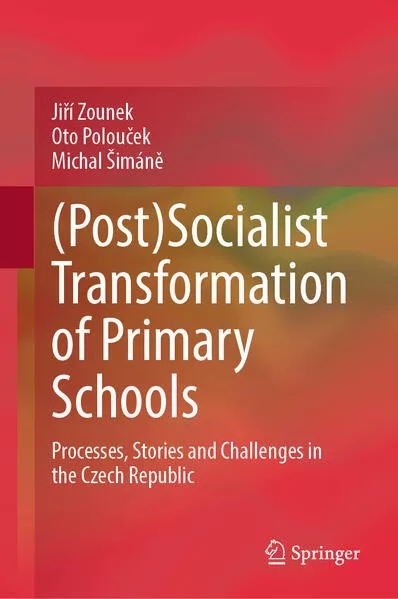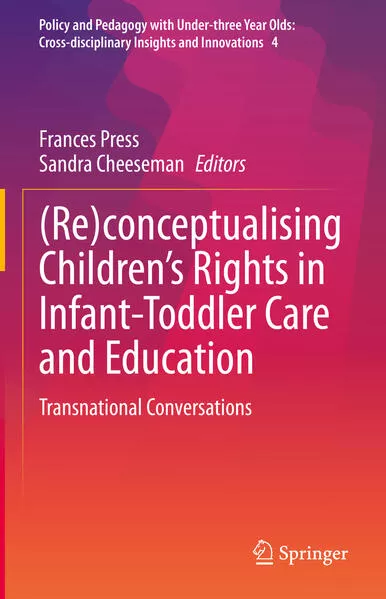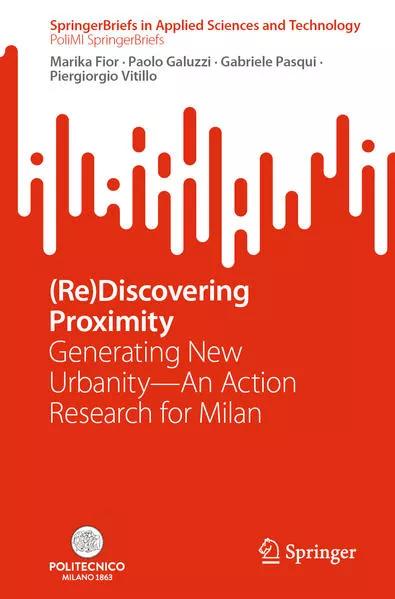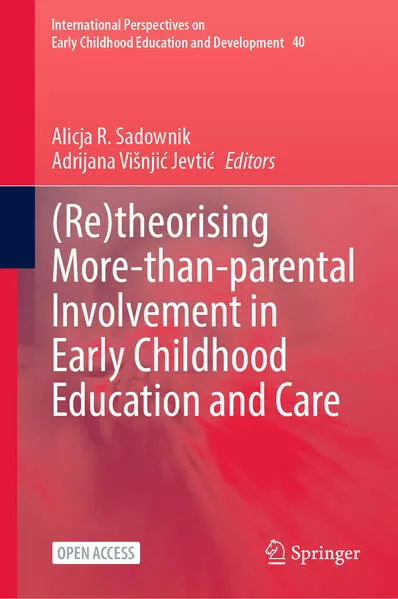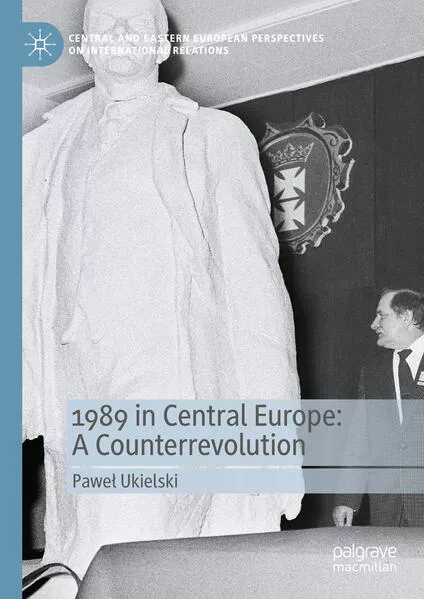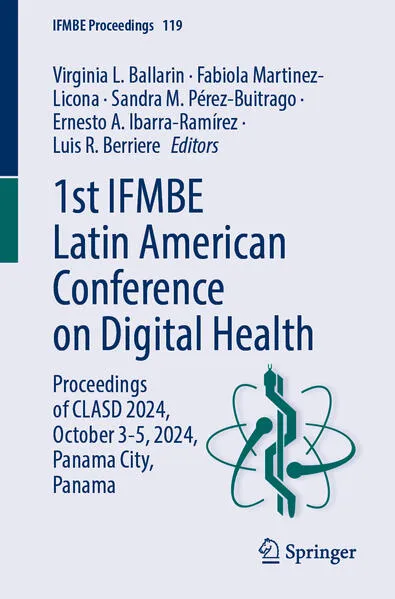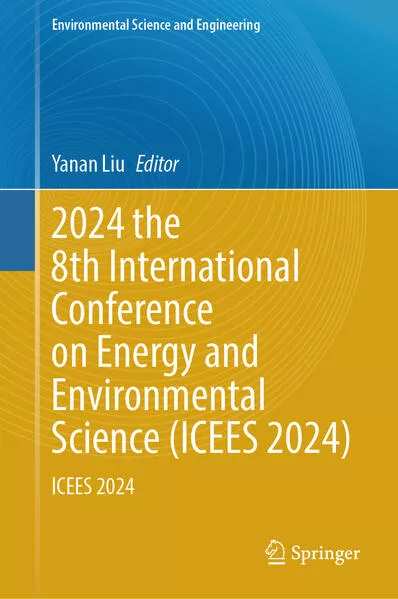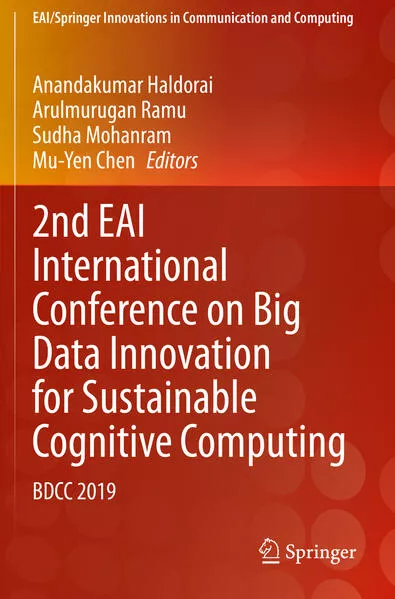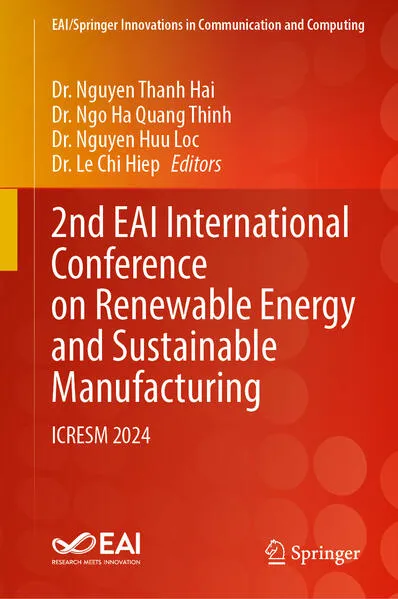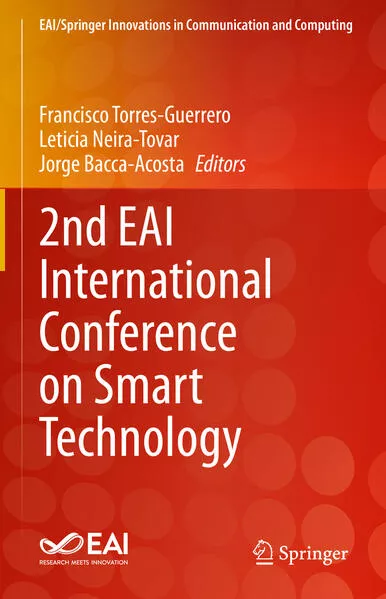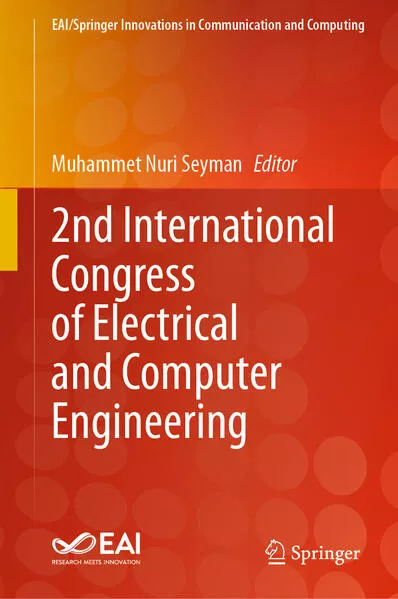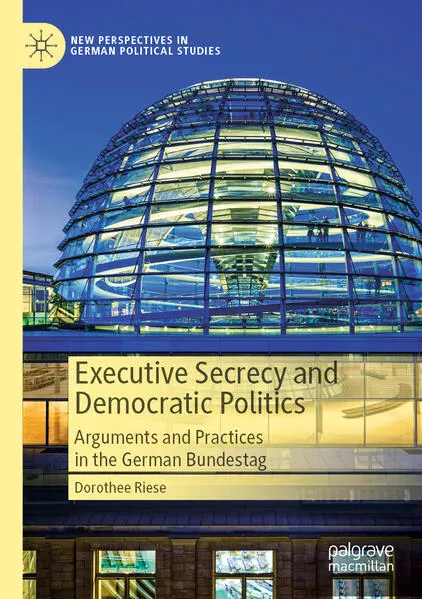
Executive Secrecy and Democratic Politics
Arguments and Practices in the German Bundestag
This book investigates the parliamentary negotiation of executive secrecy. Parliaments depend on information to fulfil their roles as the people’s representatives, legislators and overseers of the executive. However, there are examples of executive secrecy across all policy fields. How, then, do parliamentary actors try to reconcile secrecy and the normative demands of an open, democratic society? This volume analyses parliamentary arguments, conflicts and patterns of agreement around this topic in the case of Germany. Based on two case studies – intelligence agencies secrecy and Public Private Partnership secrecy – it argues that substantive justifications of secrecy focusing on necessity are highly contested. By contrast, procedural legitimation of secrecy, namely deciding about it democratically, is crucial. Still, there are inherent limits to the legitimation of executive secrecy. The book therefore underlines the fragility of secrecy’s legitimation, and its need for constant actualisation.
Unterstütze den lokalen Buchhandel
Nutze die PLZ-Suche um einen Buchhändler in Deiner Nähe zu finden.
Bestelle dieses Buch im Internet
| Veröffentlichung: | 14.06.2024 |
| Höhe/Breite/Gewicht | H 21 cm / B 14,8 cm / - |
| Seiten | 194 |
| Art des Mediums | Buch [Taschenbuch] |
| Preis DE | EUR 128.39 |
| Preis AT | EUR 131.99 |
| Auflage | 1. Auflage |
| Reihe | New Perspectives in German Political Studies |
| ISBN-13 | 978-3-031-30607-5 |
| ISBN-10 | 3031306074 |
Über die Autorin
Dorothee Riese is a political scientist currently working at Fernuniversität Hagen after appointments at Leipzig University and Universiteit Leiden, The Netherlands. She studied at Leipzig University and Sciences Po Paris and obtained her PhD from Leiden University. Dorothee is the 2017 Rudolf-Wildenmann-Prize winner for a paper on Public Private Partnership secrecy.
Diesen Artikel teilen
0 Kommentar zu diesem Buch
.... weitere Publikationen von Springer International Publishing
Okkultes Historiendrama über den bedeutendsten Geheimkult der Antike - Spannung, Archäologie, Liebe und Mystery
Bewerbungsfrist bis zum: 17.03.2026




